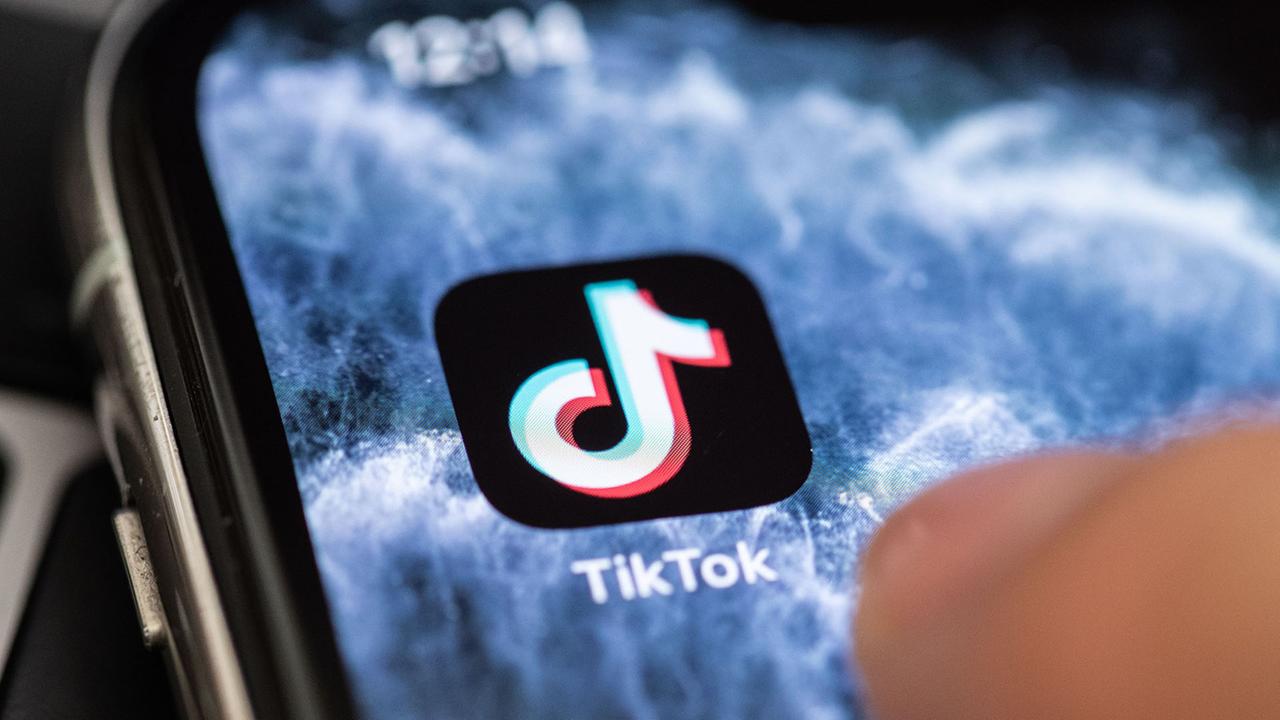Romanian secret services suspect a Russian campaign on TikTok was behind the election success of right-wing populist Georgescu. The frozen data could enable investigations against the platform.
The video platform TikTok has to secure data on the presidential election in Romania on instructions from the EU Commission. Romanian authorities had previously released intelligence information that Moscow was organizing an online campaign in support of pro-Russian right-wing extremist Calin Georgescu.
Georgescu surprisingly won the first round of the election. The candidate will face Elena Lasconi from the conservative-liberal reform party USR, who came in second, in a runoff election on Sunday.
Romanian authorities suspect masterminds in Russia
Romanian President Klaus Iohannis ordered the publication of the secret service findings on Wednesday. Accordingly, a network of thousands of social media accounts on platforms such as TikTok and Telegram are said to have promoted content that was intended to help Georgescu win the election. The country has become the target of an “aggressive Russian hybrid attack”.
The office of outgoing President Iohannis complained that Georgescu had benefited “massively” from his reach on TikTok in the election. The presidential office accused the company of giving the candidate “preferential treatment.” The Romanian Defense Council also noted Russia's “growing interest” in influencing public opinion in Romania. Georgescu says he has not spent any funds on a campaign on TikTok.
Data backup as preparation for investigations?
The EU Commission has now ordered TikTok to freeze and retain all data “related to actual and foreseeable systemic risks to electoral processes in the EU”. This particularly concerns a ban on using paid advertising functions for political content. The company must also keep details of its algorithms that recommend videos and profiles to users. The data could support possible official investigations against TikTok.
The basis for this is the Digital Services Act (DSA), which, among other things, obliges online companies to take action against disinformation. Brussels justified the move with the risk of “manipulation”. The instruction to secure data applies to all upcoming EU elections at the national level until March 31, 2025, including the federal election in Germany on February 23.
The platform, owned by the Chinese group ByteDance, said it had “already cooperated with the Commission” and would continue to do so.




